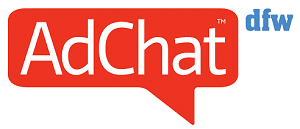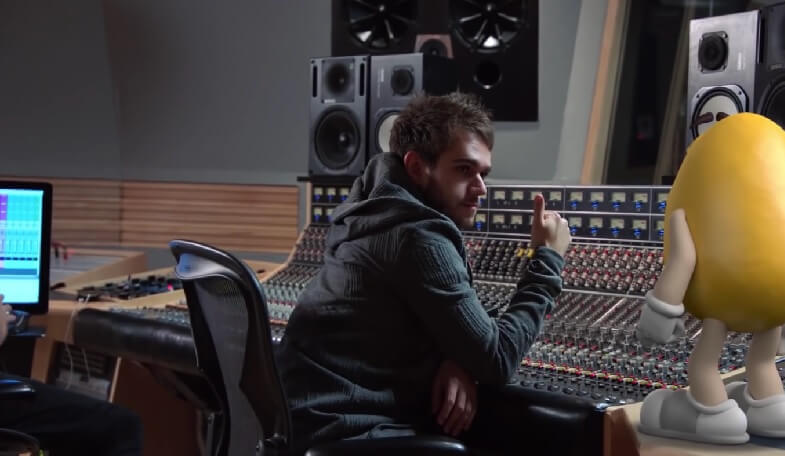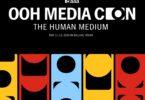What if the song of the summer — the one that seemed to have everyone downloading, cranking the volume, and singing along — was your brand’s? With the right artist and the right partnership, it could happen.
The power of music to set a tone, form a mental association and create memorability is unrivaled, so it’s no surprise that many advertisers leverage this power.
What may be a surprise to some is that, once upon a time, artists avoided advertisers for fear of ’selling out’. Times have changed and, over the past decade, many artists have lent their talents to record original songs and covers for brands. Consider the iconic Justin Timberlake-helmed McDonald’s anthem, I’m Lovin’ It or Zedd and Aloe Blacc’s reimagining of Candy Man for M&Ms.
Stepping into this type of work can be a little complex. It requires time, patience and, yes, money. But when done right, when you combine spectacular musicians with a rich creative brief, magic can happen! Here are a few tips based on our experience working on projects of this type.
FINDING THE RIGHT ARTIST
Many artists who record hit tracks don’t solely write the songs they perform (and sometimes they don’t write them at all). Just because you love their body of work, don’t assume their songs were penned by them. Do your homework to find the right artist that has the team, talent, audience and desire to partner with you. Word to the wise: make sure you’re asking the right questions to an artist’s representative before you commit to working together.
Trust and respect are paramount. When a brand hires an artist, they must respect their process while the artist needs to appreciate that this is a commissioned piece of music meant to represent the brand. Many artists aren’t eager to collaborate on their music – if that’s the case, this probably is not the right artist for you. And if you are a brand that won’t take input from the artist, consider whether you want a celebrity musician or you’d prefer a studio musician that specializes in creating brand music.
Ensure that there’s enough time to discuss creative direction and goals before a recording session is booked. Give very clear direction of what you want to accomplish with the track, including any lyrics or keywords that should be included and the tonality/vibe you want from the song. Also, schedule time for recording revisions, editing, mixing and mastering.
LICENSING AND COSTS
The majority of successful artists and writers have contracts in place that assign exclusive administration or ownership of everything they write and record to their labels and/or publishers. This will likely prohibit you from owning the final product. If this is a problem for you, consider working with musicians who are independent or who have control of their music.
Fees vary based on the level of talent and how you intend to use the new song. This could affect your ability to work with an A-List artist due to the producers and studios they use, as well as their label and publisher partners. It also depends on how eager they are to work with you versus how eager you are to work with them. Fees will be far lower for independent artists and artists who are self-sufficient in creating new music.
The above may deter you and many avoid this because it is complicated. With focus and an experienced navigator, though, you can do something that few others do.
Thanks to streaming services, the myriad avenues available for distribution and the power of social media for promotion, there has never been a better time to create something memorable that could be associated with your brand.
Amanda Levine is Senior Director of culture marketing and an expert in music procurement at TMA.
original content









